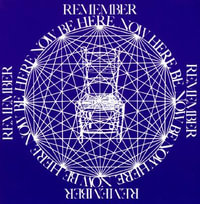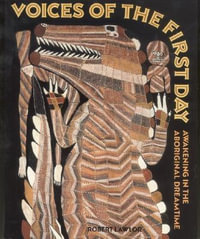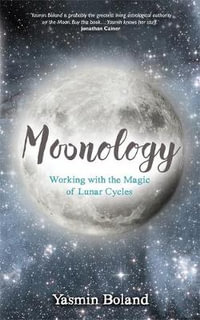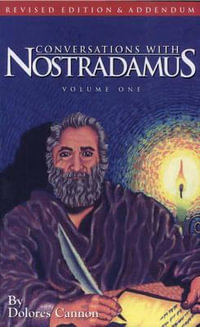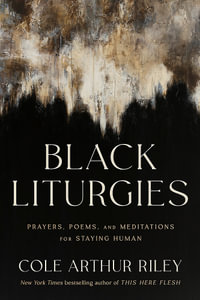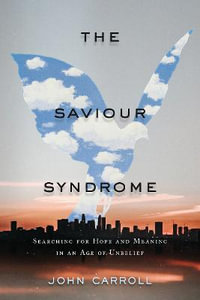This book examines one of the world's most enduring and influential literary works, the
Dao De Jing, through the timeless art of qigong. In his words, Lao Tzu (or Laozi), author of the
Dao De Jing, embodies qigong principles, advocating the cultivation of mind and body. Only when we know qigong can we know Lao Tzu - and only when we know Lao Tzu can we know the Dao De Jing.
Dr. Yang, Jwing-Ming, a renowned author, scholar, and martial artist, devoted decades to researching and writing this book. He interprets and analyzes the 81 chapters of the
Dao De Jing. His commentary will bring new insight, inspiration, and depth to your understanding of Lao Tzu's words-and to your qigong practice. "Many chapters in the Dao De Jing purely talk about qigong," Dr. Yang writes, "especially the practices of regulating the body, breathing, mind, qi, and spirit." Lao Tzu's writing has been read, translated, and discussed around the globe. It deals with principles that transcend time and culture. That is why this ancient text has been reimagined countless times in books on business, relationships, and parenting-but never with a focus on the art of qigong.
This makes
Dao De Jing: A Qigong Interpretation unique and indispensible.
This book includes:
- The complete Dao De Jing in English and its original Chinese text.
- Dr. Yang, Jwing-Ming's commentary and analysis of each chapter.
- Numerous illustrations and diagrams Dao De Jing: A Qigong Interpretation is not a book of instruction. It is about the Way-the path before us, in qigong and in life, where what you achieve comes through your own understanding.
Industry Reviews
"A writer offers a translation of a famous Chinese work with commentary from a qigong perspective."
"The Dao De Jing is an ancient Chinese classic by Lao Tzu that serves as the foundational text of Taoism as well as an influence on the development of Confucianism and Buddhism. Qigong is a holistic practice of movements, breathing, and meditation that can aid in healing, spiritual growth, and martial arts training. The Dao De Jing was based on Lao Tzu's "personal understanding about the Dao and the De through his personal qigong practice," writes Yang (Pain-Free Joints, 2017, etc.) in his introduction. "Since the Dao of managing the body is similar to the Dao of managing a country," Lao Tzu "offered moral guidance to historical Chinese rulers." After some preliminary material supplying a context for Lao Tzu and his work-along with a rundown of some of its underlying philosophical concepts-Yang provides all 81 chapters of the Dao in both the Chinese original and in his English translation. He then delivers both a general interpretation of each chapter's meaning and a qigong-specific analysis. In the case of Chapter 29, for instance ("Doing Nothing-Be Nature"), the general interpretation discusses the concept of wuwei (doing nothing) as it applies to governance: "A ruler should govern according to Nature. Too much of acting on the world (using force) will fail." The qigong analysis, in turn, is focused on the importance of regulating the mind: "When you practice qigong, your mind must be in a neutral and calm state." Yang's translations capture the delicate precision of the original while presenting it in highly accessible language. The dual interpretations of the text are an enlightening feature, even for those readers with no prior interest in qigong. The general interpretation is more outward-facing, toward the world; the qigong one is inward-facing, toward the self. Between the two, the full picture of the Dao emerges as an intriguing symmetry. This is a long book (nearly 540 pages) for a relatively short text, but Yang's commentaries greatly aid in understanding Lao Tzu's words and the worldview behind them."
"An elegant and comprehensive critical edition of the Dao De Jing." - KIRKUS Review



